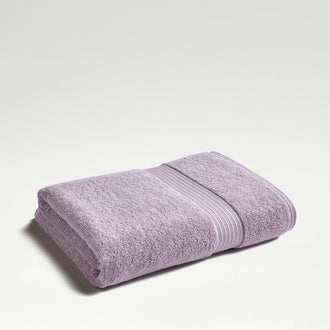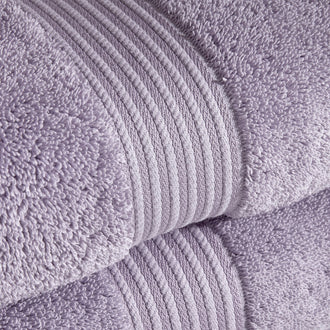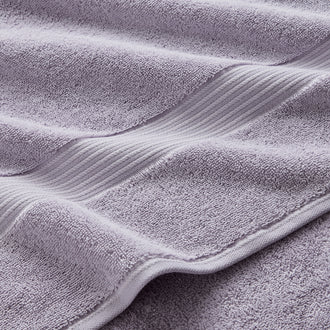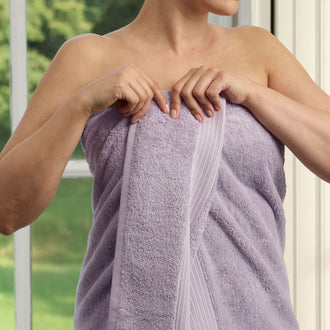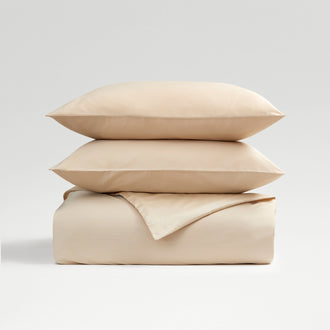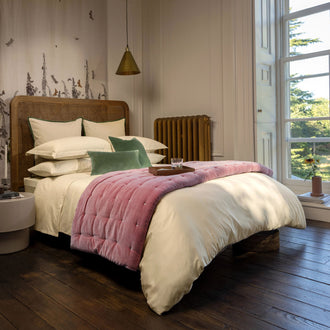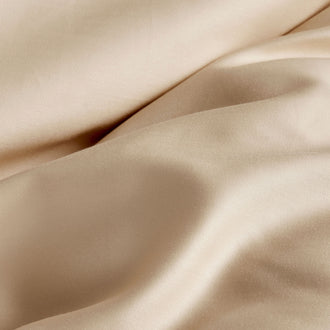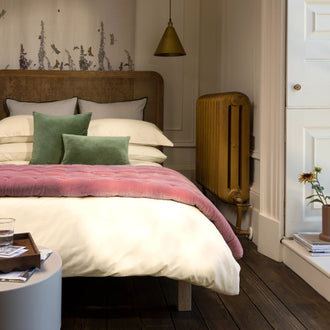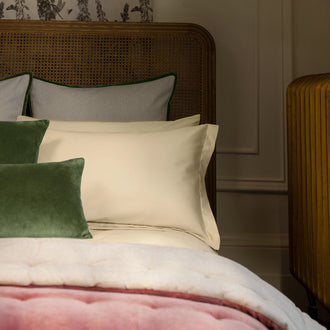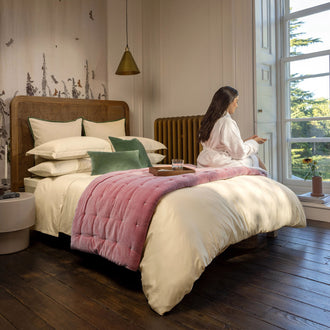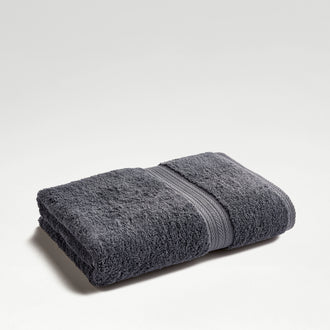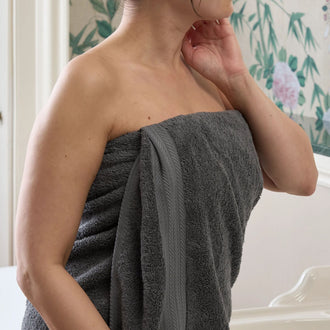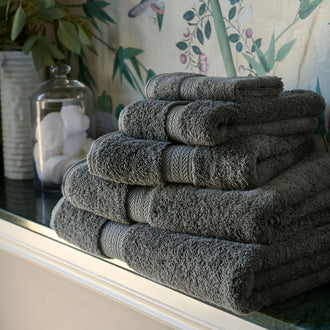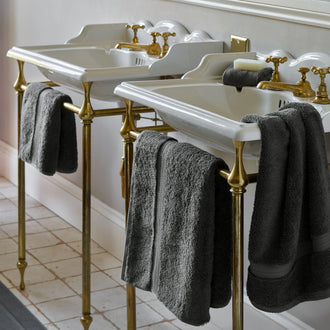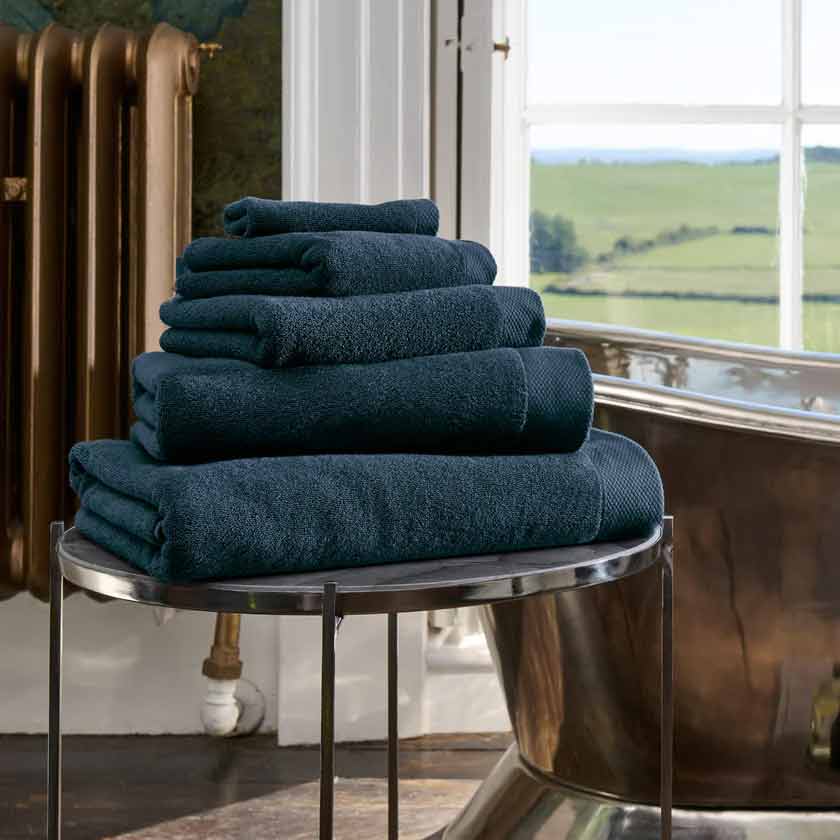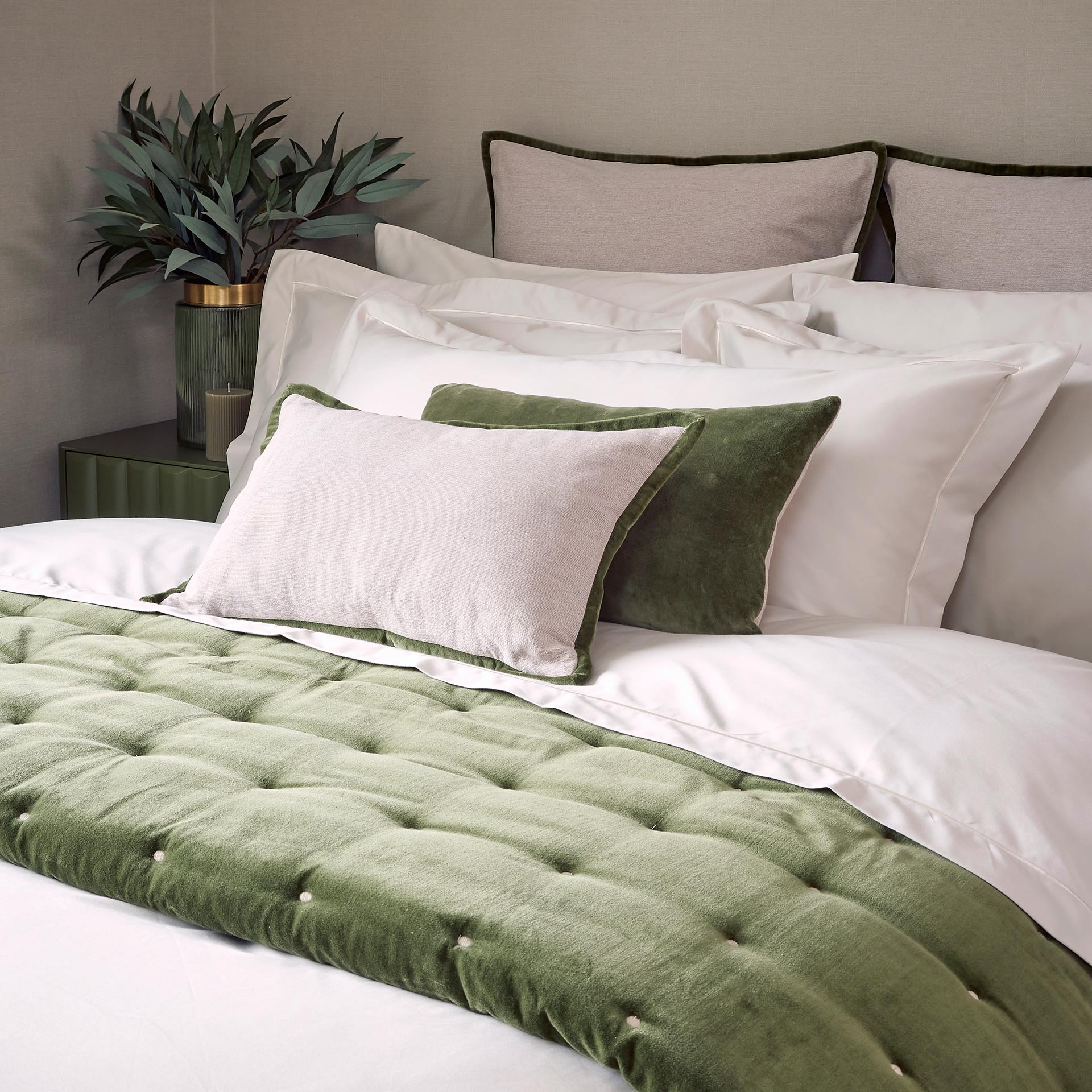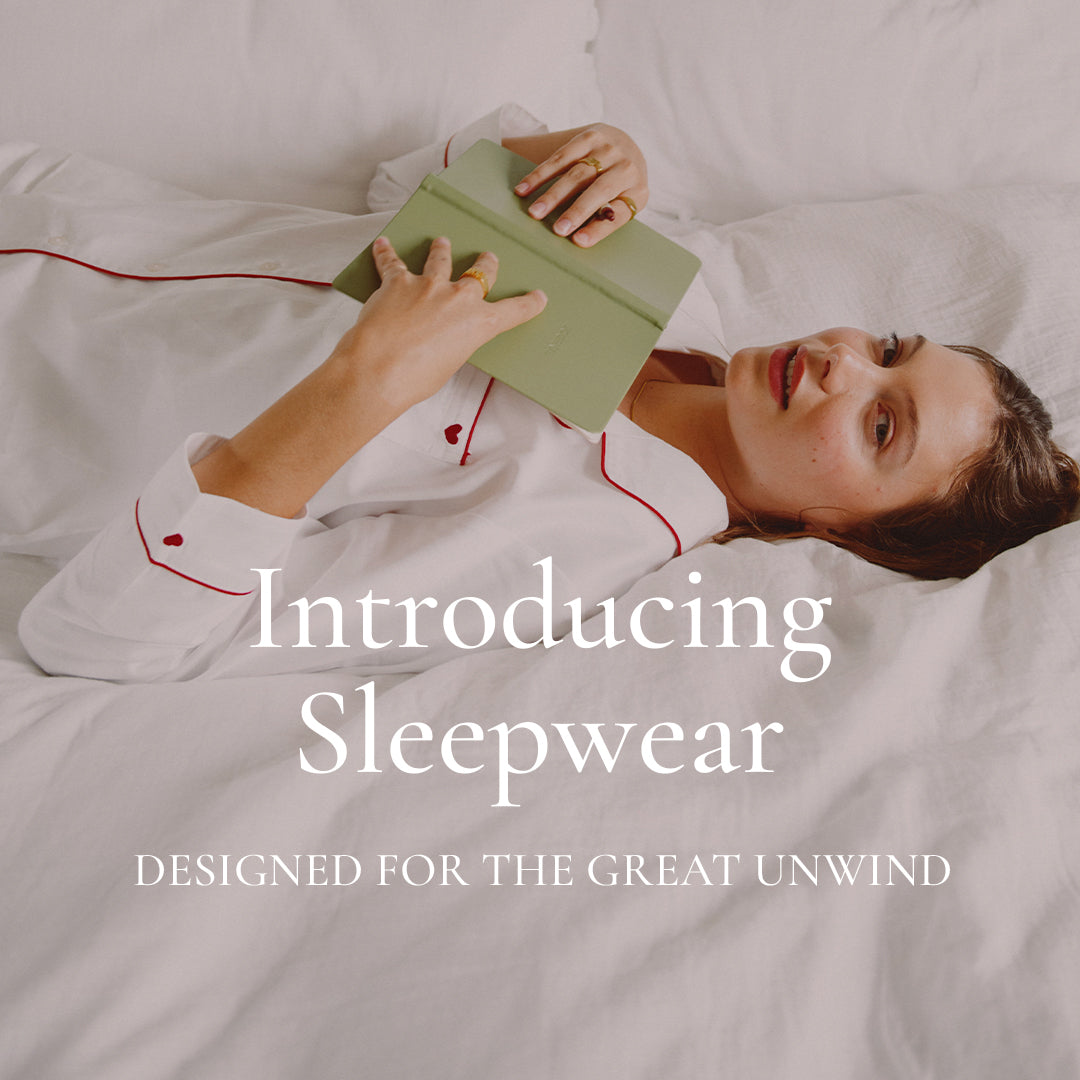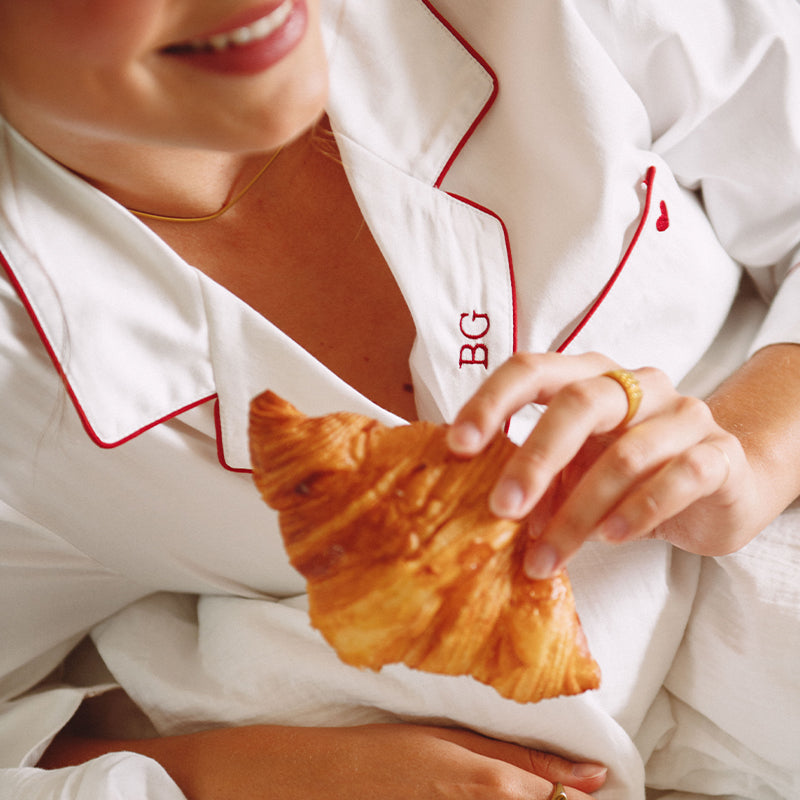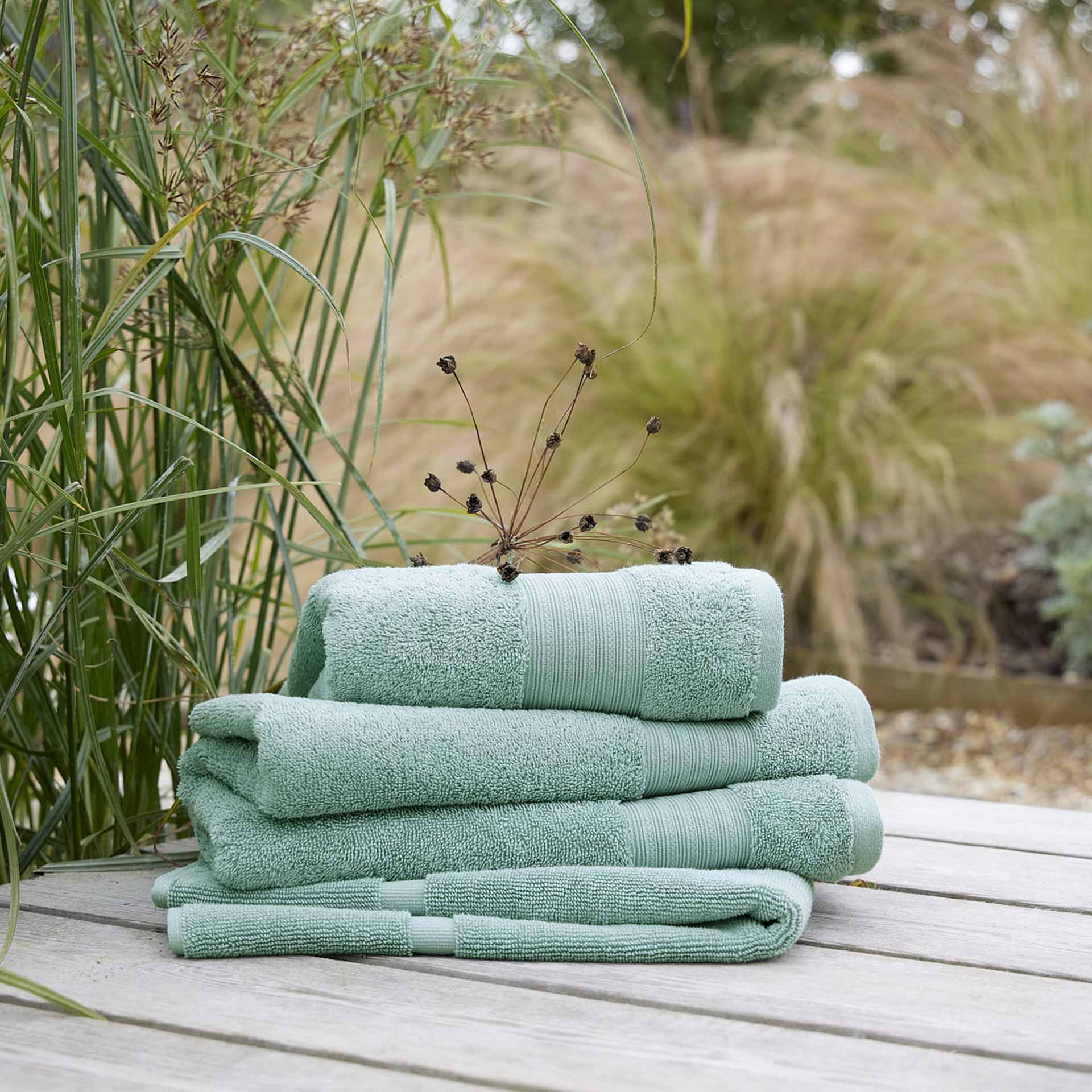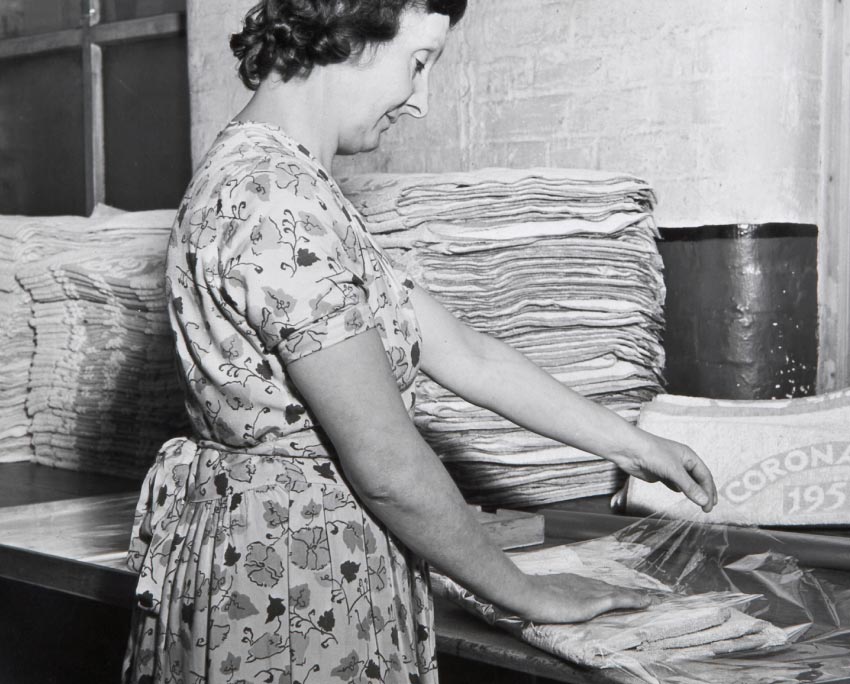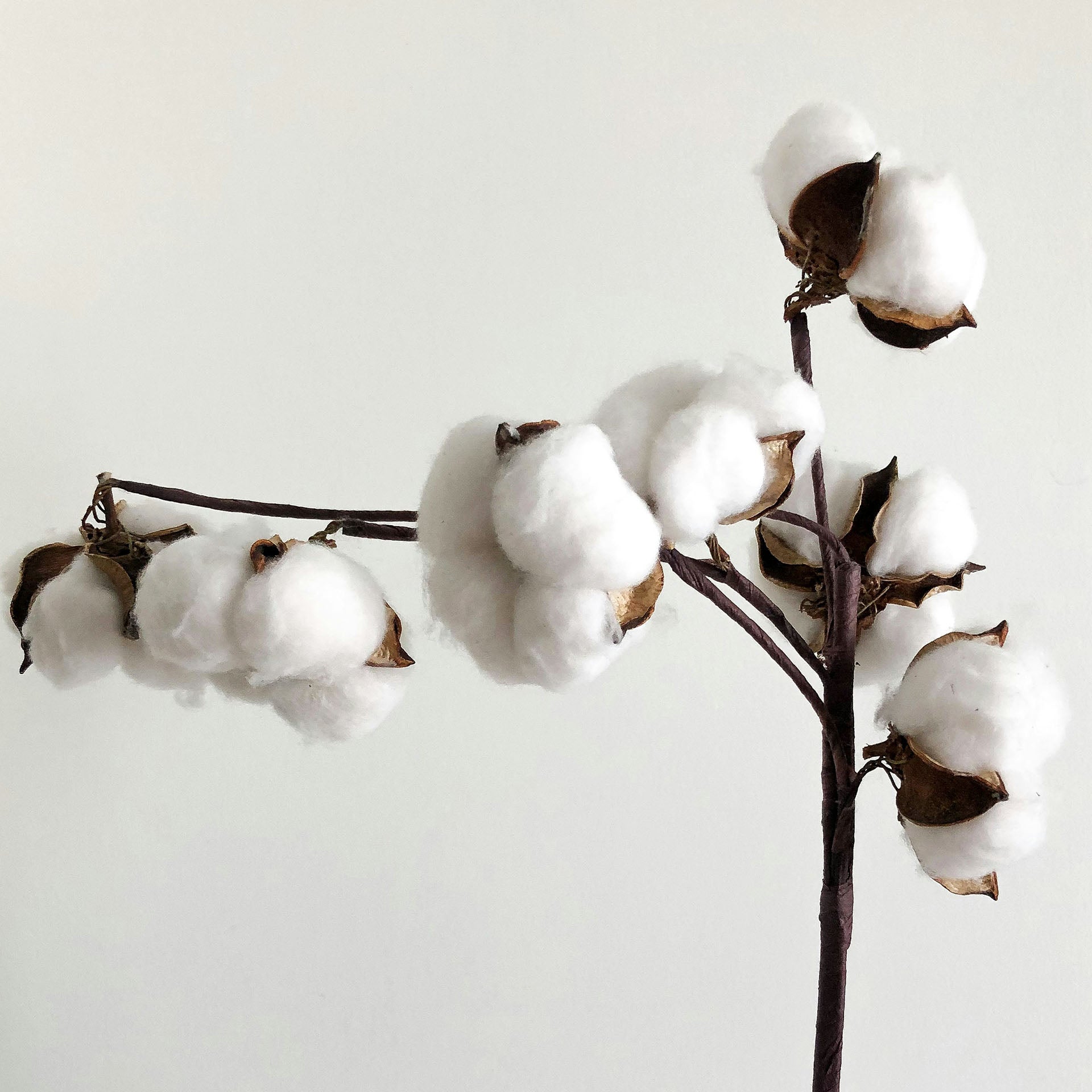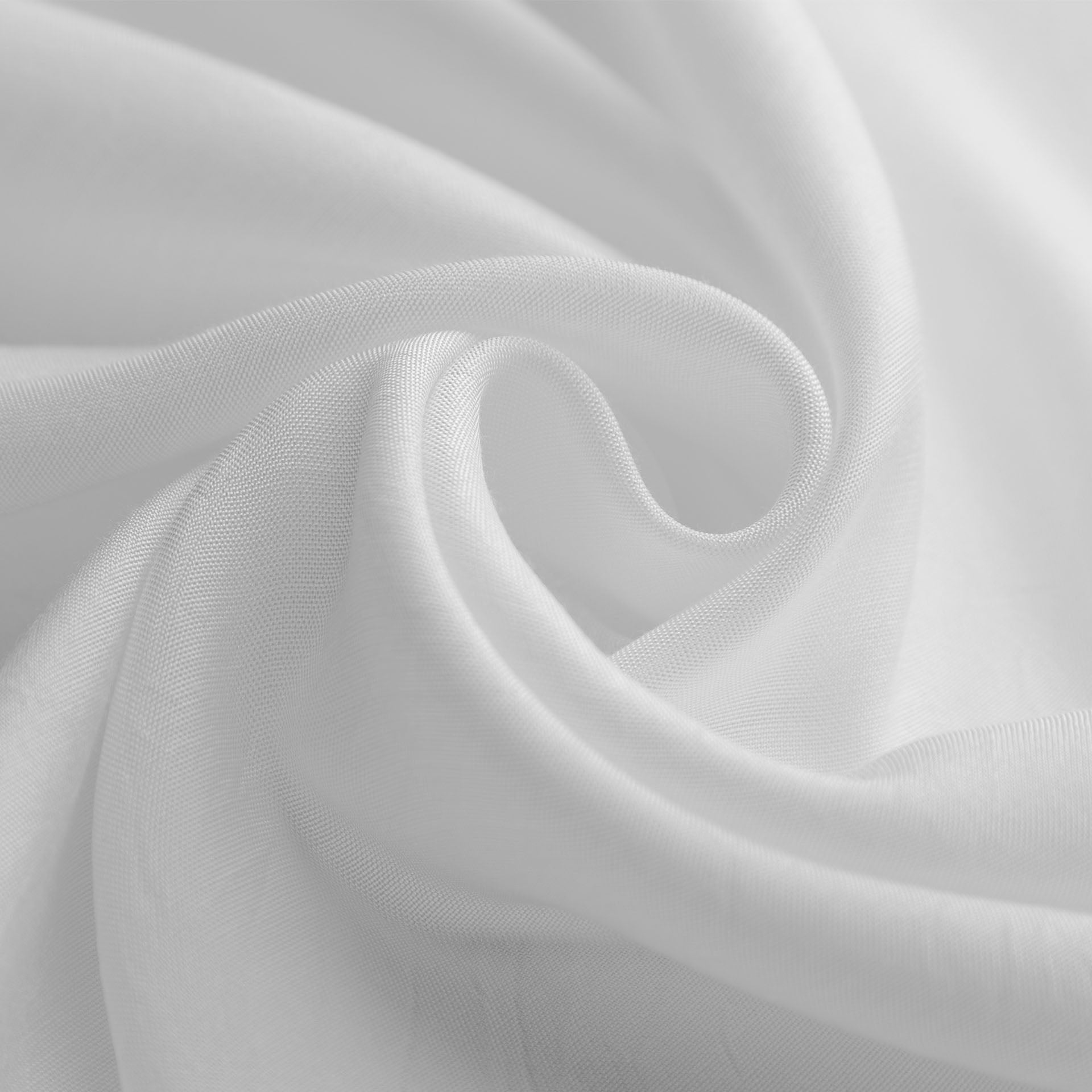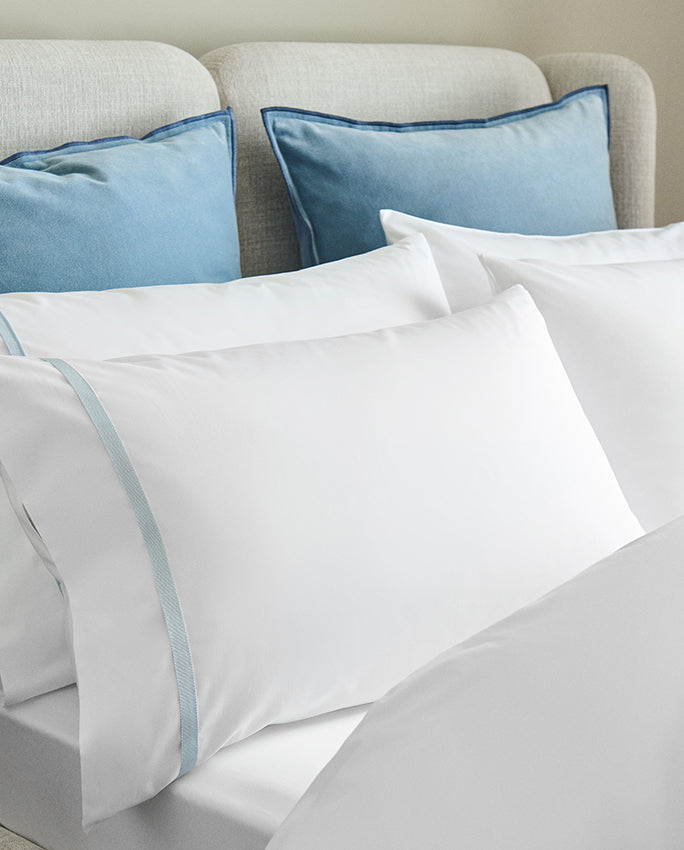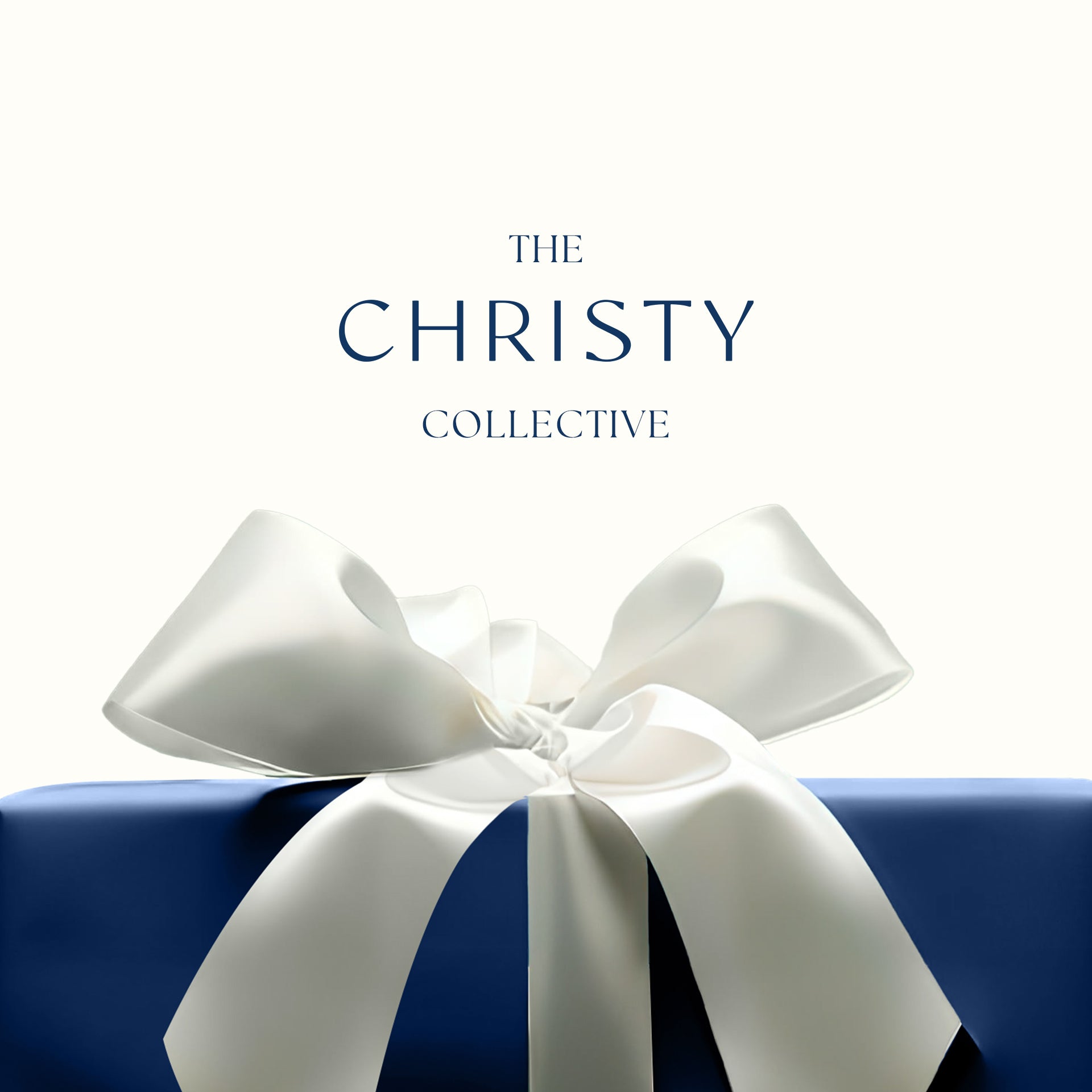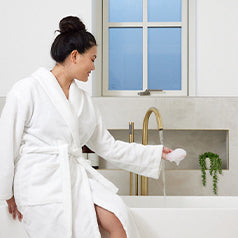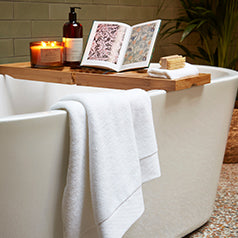lifestyle
Forget Glastonbury! Book Your Ticket To The Festival Of Sleep
Come January, we’re exhausted. Utterly wiped out. After a month of festive get-togethers and New Year’s Eve’s all-nighter, we crave a bit of shut-eye. And it seems we’re not alone.
Yes, the internet has created many – you could say dubious – unofficial holidays (Mad Hatter Day and National Pizza Day, for starters), but here’s one we can get on board with: The Festival of Sleep. No ticket required.
On the 3rd of January, The Festival of Sleep is a chance to take stock of how you’re resting and get back into sync with your circadian rhythms.
The rules of ‘celebrating’ are straightforward. First, decide if you’re sleeping alone or accompanied (by a person, or pet). Then decide how much pillow time you can allot. Whether it’s a midday catnap or a full day of dozing, it’s up to you. Thirdly, dress yourself and your room appropriately. Come prepared with oh-so-comfy pyjamas and dreamy bedding.
While sleep might be one of the few life experiences shared by everyone globally, it's also a constantly evolving habit. For millennia, people slept in two shifts. There's evidence from across Europe of biphasic sleep (the act of resting in segments) being commonplace during the Middle Ages. With the dawn of the Industrial Revolution and the mass adoption of electric light, routines shifted closer to what we have now. By 1926, Ford's eight-hour workday cemented the prioritisation of downtime within a worker's life.
Though it remains elusive for so many, it’s a core human function. When Roger Federer is preparing for a tournament it’s said he needs 12 hours of wink a day. As the fastest man in the world, Usain Bolt is a little quicker than the tennis champ. But he still needs 10 hours a night. While regularly dedicating half a day to sleep might be out of reach for most of us, getting a good night’s rest is essential to your mental and physical health.
As Shakespeare said, “O sleep! O gentle sleep! Nature’s soft nurse”. A quality night’s rest will, according to the NHS, improve your mood, concentration and memory. It also lowers the risk of developing serious health conditions and helps fight off diseases. When they say you’ll feel rested and restored, they mean it.
But the ripples of cumulative nights tossing and turning have a far-reaching impact. It plays havoc with everything from weight to stress, wellbeing to cognitive function.

Seven to nine hours is advisable, says the NHS. Understandably, overall health, circumstances, age and well-being play a role in whether a full night in the land of nod is even achievable.
While sleep hygiene sounds like an expression coined by Goop, it’s a behavioural and environmental praxis that has been knocking around since the 1970s. It’s the practice of creating good habits to help secure a regular good night's rest. Practitioners recommend being cautious with naps, keeping to a routine sleep schedule and considering diet, stress, light, temperature and screen time as factors that will impact your sleep.
To improve the quality of your forty-winks first take stock of how many zzz’s you’re already getting. Ask yourself, do you find it difficult to nod off? Do you doze and then come to? How tired do you feel in the day?
Creating a restful bedroom environment is essential to achieving shut-eye. There are four key elements to consider. First the temperature. Channel Goldilocks and make sure your eiderdown makes you neither too hot nor too cold. Secondly, think of light pollution. Block out the torchlight of screens and make the space as dark as possible. Thirdly, consider sound. Starched sheets crunching can disrupt when least desired. Earplugs and cosy, soft downs will keep unwanted noises to a minimum.
If you struggle to get your head down, it might well be because your bed is unfit for its duty. Mattresses and bedding are not one-size-fits-all. Sheets need to be changed regularly and duvets updated every five to seven years, while pillows need replacing sooner (every one-two, ideally). Leave it too long and even the very best could become lumpy and loose puff.
Between social jet lag and WFH, modern-day life can easily rumble wake-sleep patterns. The seemingly quotidian act of REM changes throughout one’s life. Invest in your bedtime environment to make it as simple as possible to sleepwalk into your dream world.
What’s In Our Slumber Kit
Mattress Topper - Drift off to dreamland atop extra cushioning
Crisp Cotton Sheet - Seamless soft sheets that stay put in the night.
Plump Pillows - Cocoon your weary head on an impeccably crafted pillowcase.
Exquisite Bedding - Elevate your bedtime routine with comfort and style. Stay cool with cotton or commit to cosiness with silky-smooth materials.
Cloud Soft Duvet - Snuggle under a premium soft passport to the world of sleep.
Soft Throw - Embrace sweet dreams under sumptuous, soft fabrics.
If you ever needed a sign to take a nap, this is it.

